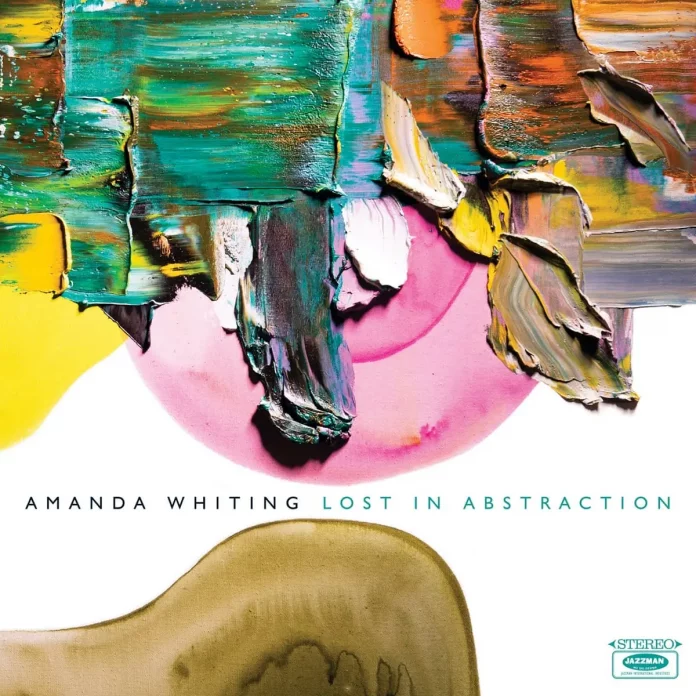Before listening to Welsh harpist Amanda Whiting, I wasn’t convinced of the harp’s place in jazz. But since hearing Lost In Abstraction – Whiting’s latest release with Jazzman Records – I think I may have been too quick to judge. Through 10 original compositions, full of virtuosic melodies and improvisational spontaneity, Whiting demonstrates the harp’s potential in jazz, following in the footsteps of jazz harpists Dorothy Ashby and Alice Coltrane.
The album follows the same set up as her previous release, After Dark, with Aidan Thorne on the bass and Jon Reynolds on the drums, but also features two new additions – Chip Wickham on the flute and Baldo Verdu on percussion. Especially impressive is Whiting’s natural ability to integrate her classical roots into a jazz context, and she does so remarkably.
Each track is led by the harp, which works its ethereal charm: Too Much features flowing and delicate solos; Where Would We Be is mellow yet at the same time extremely virtuosic, and the harp’s warm and smooth tone is particularly refreshing in Discarded. Also worth a mention are the energetic interactions between Wickham and Whiting on the track Lost.
Lost In Abstraction was written when we as a society really were lost in confinement. Whiting used this time to lose herself in the abstractedness of music, and to create freely, with no artistic restraints. This comes across in the music: I found myself lost in thought, transported into abstraction by Whiting’s waves of elegant melody.
Discography
Abstraction; Lost; Venus Fly Trip ; Temptation; Too Much; Where Would We Be; Up There; Discarded; Suspended; Got It (38.00)
Whiting (hp); Chip Wickham (f); Aidan Thorne (b); John Reynolds (d); Baldo Verdú (pc). UK, 2021.
Jazzman Records
















